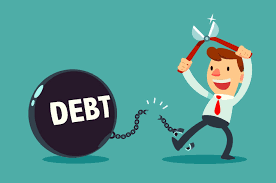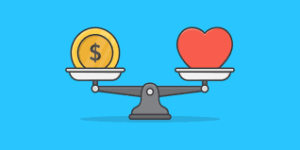
The global population is aging rapidly, with life expectancy increasing and birth rates declining in many regions. This demographic shift has profound implications for economies, healthcare systems, and financial markets. Understanding the economics of aging is critical to addressing the challenges and opportunities it presents.
1. Demographic Trends
- By 2050, nearly 1 in 6 people globally will be over the age of 65, compared to 1 in 11 in 2019 (United Nations data).
- Countries like Japan, Italy, and Germany are already experiencing significant aging, while nations in Africa and South Asia maintain younger populations.
2. Pressure on Pension Systems
- Aging populations strain pension systems as the ratio of working-age individuals to retirees declines.
- Pay-as-you-go systems face sustainability challenges, with fewer workers funding benefits for a growing retired population.
- Many governments are raising retirement ages and encouraging private pension savings to address this imbalance.
3. Healthcare Costs
- Older adults require more healthcare services, leading to increased spending on medical care, long-term care, and chronic disease management.
- In the U.S., healthcare spending for individuals aged 65+ is over five times higher than for those under 18.
- Nations with aging populations are investing in healthcare technology and home care solutions to manage costs.
4. Workforce Impacts
- Aging leads to a shrinking labor force, potentially slowing economic growth.
- Automation and retraining older workers are critical strategies for maintaining productivity.
- Some countries, like Germany and Canada, are turning to immigration policies to offset workforce shortages.
5. Shifts in Consumer Spending
- Older populations tend to spend more on healthcare, leisure, and retirement services while reducing spending on housing and education.
- Businesses catering to “silver markets,” such as travel, wellness, and assistive technologies, are experiencing growth.
6. Real Estate and Urban Planning
- Aging populations influence housing markets, increasing demand for accessible homes and retirement communities.
- Urban planning must adapt with age-friendly public transportation and infrastructure to support mobility.
7. Economics Inequality Among the Elderly
- Wealth inequality is more pronounced among older populations, with disparities in access to pensions, savings, and healthcare.
- Women are particularly vulnerable due to lower lifetime earnings and longer life expectancies.
8. Opportunities for Innovation
- Aging drives innovation in health tech, robotics, and financial planning tools tailored to older adults.
- “Longevity economy” sectors, such as biotechnology and age-friendly consumer goods, are poised for growth.
9. Global Disparities
- Developing nations face unique challenges as they age without achieving the same economic development levels as wealthier countries.
- Policymakers must balance short-term needs, such as infrastructure, with long-term aging-related expenditures.
10. Policy Interventions
- Governments are implementing reforms to ensure the sustainability of social security systems.
- Policies promoting active aging, such as lifelong learning and flexible work arrangements, are gaining traction.
- Encouraging higher fertility rates through family-friendly policies, like subsidized childcare, is another strategy.
Conclusion
The aging population is a defining feature of the 21st century, with wide-ranging economics and social implications. While it presents challenges, it also offers opportunities for innovation and growth in emerging industries. Proactive policies and investments can help societies adapt and thrive in this new demographic landscape.
AdvanceWithFinance
Proudly powered by WordPress
Pages


